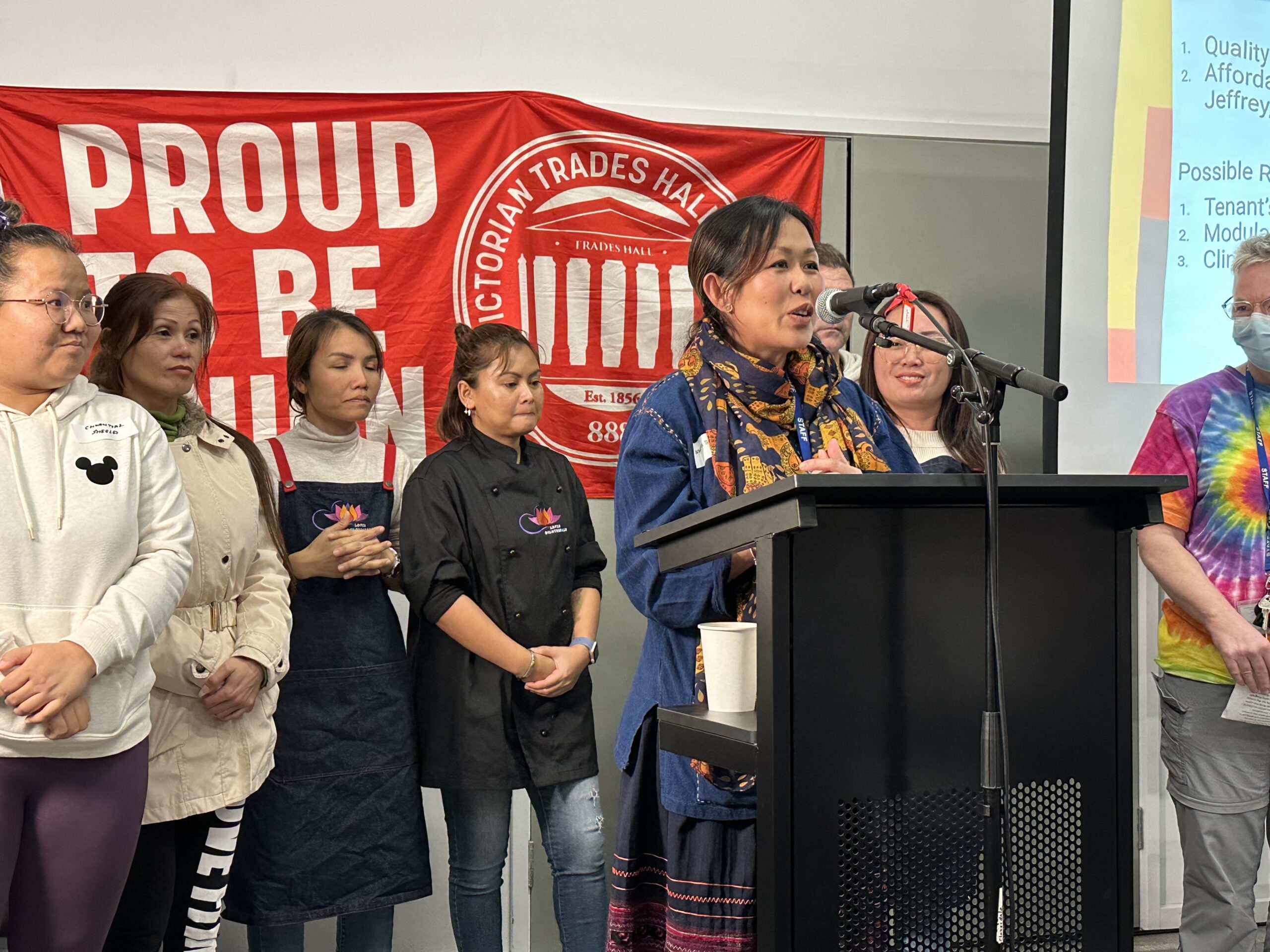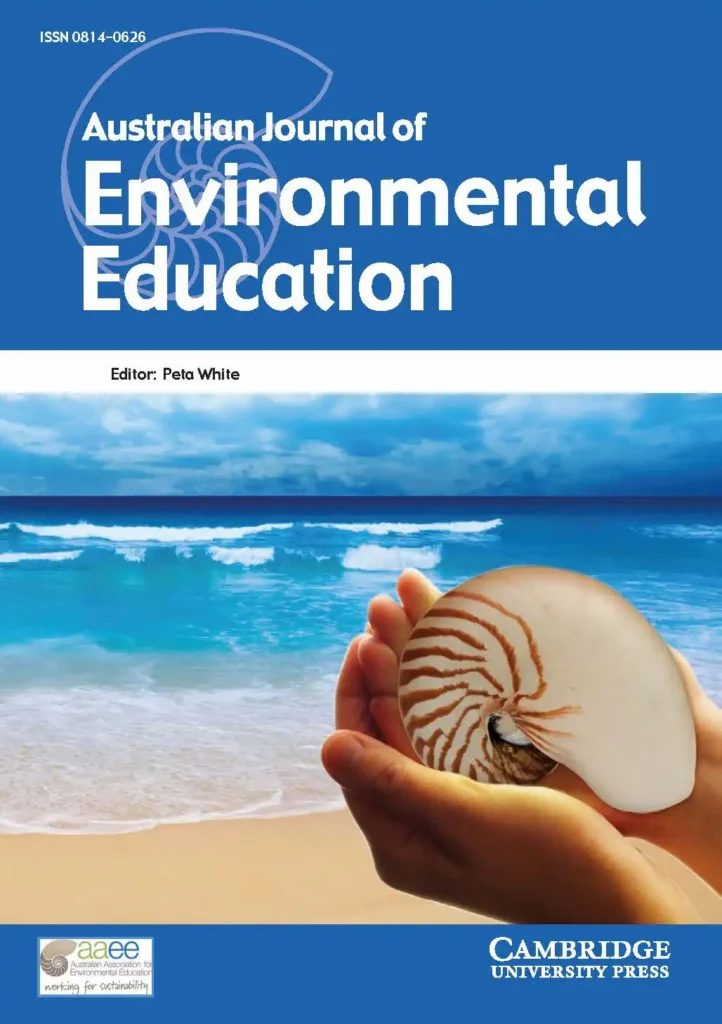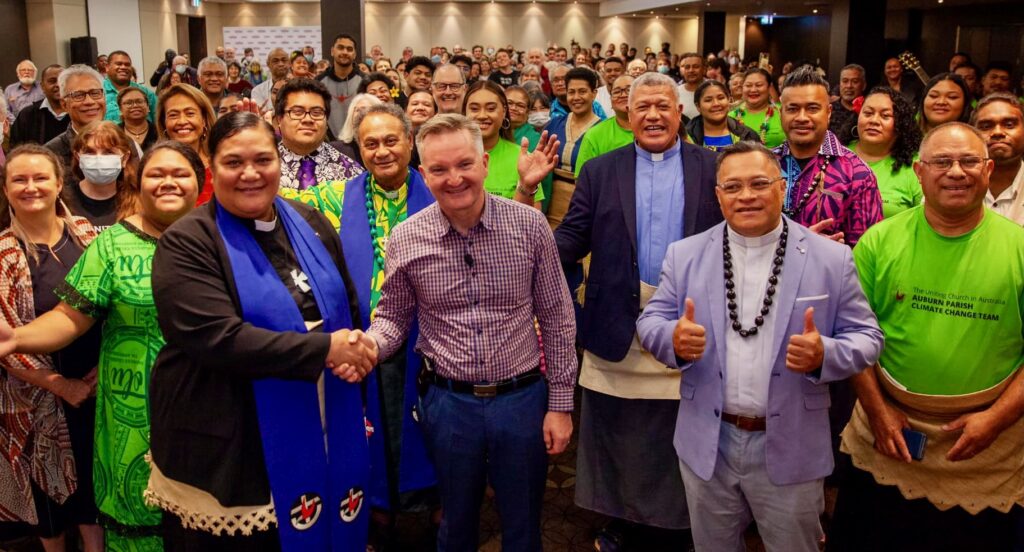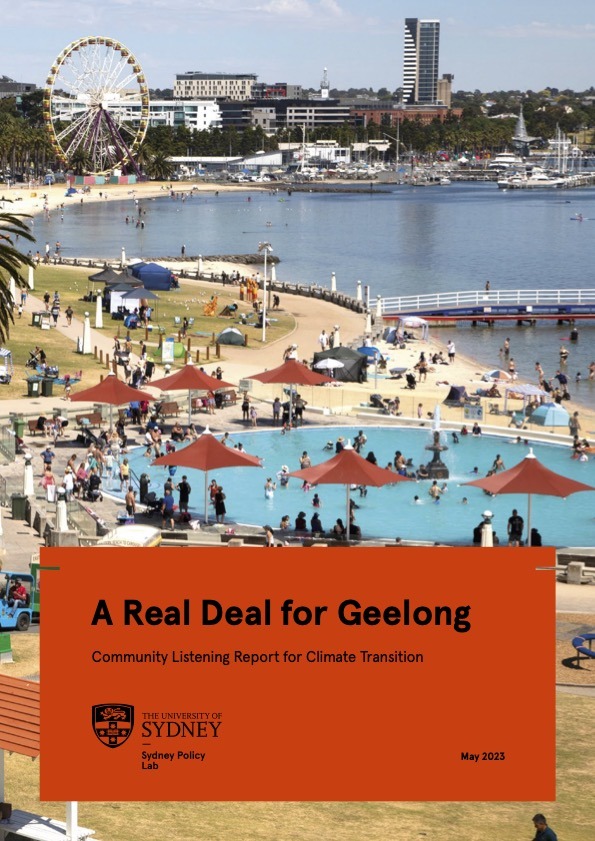Research
Creating a new climate transition politics? Reflections on a Real Deal for Australia.
This is an academic peer-reviewed article with an enormous team of academic and community authors about the Real Deal for Australia project
Summary:
This is an academic peer-reviewed article with an enormous team of academic and community authors about the Real Deal for Australia project. The article showcases community-led place based projects advancing climate transition and looks at how community organising can be a method for community engagement in research. The Real Deal considers how climate transition offers an ‘opportunity’ to address wider social justice issues. Critically, the project focuses in detail on the Real Deal’s work in seeking to privilege Indigenous voices in the process of climate transition.
Abstract
Economic responses to climate change, such as just transitions and the Green New Deal (GND), have helped shift climate policy debate to focus on the economic dimensions of climate change. Yet these approaches have also been limited; they have not always delivered, they have left some groups behind and at times have polarised affected constituencies. This article argues that a key reason for this is that these agendas have primarily involved imposing solutions on communities without activating people’s participation in the perpetual cocreation of new social, political and economic solutions. Here, community and academic researchers reflect on the first five years of the Real Deal for Australia project and its effort to realise a community-led climate transition politics through its application of the ‘relational method’. This paper locates the Real Deal within the traditions of just transitions and the GND, and details the theories, methods and practices that it has built upon and involved, including in two place-based projects. It reflects on the intentions of the project and the learning that has occurred in the process, in particular from seeking to privilege the voices of Indigenous Peoples, form diverse community coalitions made up of strong interpersonal relationships between existing trade union, environmental, neighbourhood and faith-based groups, produce robust place-based agendas and buid effective actions for alternative futures.
Citation:
Tattersall, A., Moore, K., Bennett, J., Evans, C., Johnson, L., Godden, N., Chhetry, D., Ganley, E., Fisher, S., McCosker, J.,Wright, J., Bonner, L., Long, H., Nicholson, N (2025) Creating a new climate transition politics? Reflections on a Real Deal for Australia. Political Geography 121, 103347. https://doi.org/10.1016/j.polgeo.2025.103347

More work

School strike for climate are leading the way: how their people power strategies are generating distinctive pathways for leadership development
Since November 2018, Australian high school climate strikers have become leaders in the movement for climate action, giving…

Rethinking People Power Strategy in the Climate Movement: lessons from organising with Multicultural Communities in Western Sydney
Over the last decade, several groups in Australia have successfully mobilised against fossil fuel interests. But which ones have gone…

A Real Deal for Geelong: Community Listening Report for Climate Transition
This report outlines a new approach to generating strategies for climate transition, created through a community-led agenda built…